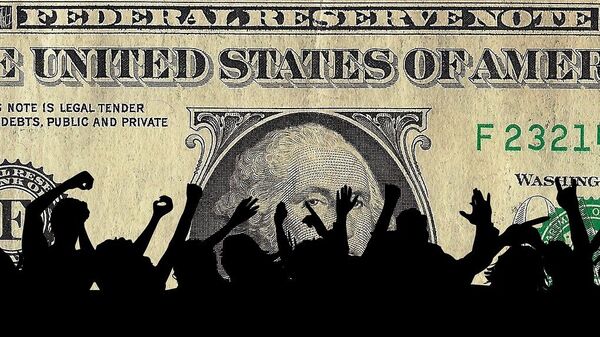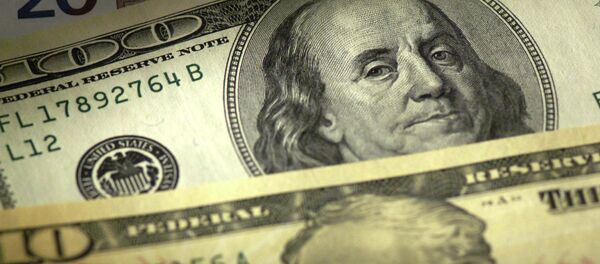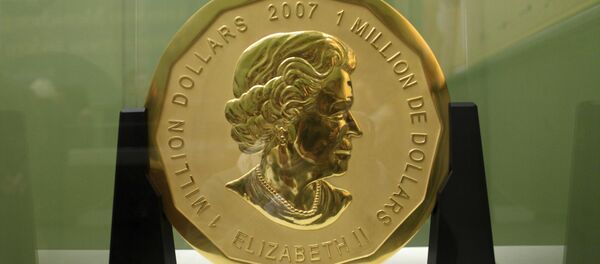According to a press release on McCain's website, the bill, called The Currency Optimization, Innovation, and National Savings Act of 2017, or COINS Act for short, would "modernize our currency by moving to a $1 dollar coin."
According to Enzi, switching from a dollar bill to a dollar coin "could save our country $150 million a year. Overall, the lawmakers believe the currency reform will save America $16 billion over 30 years.
"With our country facing $20 trillion in debt, Congress must act to protect the American taxpayer," McCain said in a press release. "By reforming and modernizing America's outdated currency system, this commonsense bill would bring about billions in savings without raising taxes."
The idea behind the legislation is that a coin lasts much longer than a bill.
"Coins last a lot longer than paper," said Aaron Klein, former Democratic chief economist for the Senate Banking Committee. "One coin costs around 18 cents. Reprinting that dollar note seven times over 31 years costs 62 cents. You sell a dollar in 30 years for one dollar, but the cost of producing it will have gone up."
According to the lawmakers, minting of a penny already costs more than one cent per coin; the same goes for the nickel, whose composition has been proposed to be changed to 80 percent copper and 20 percent nickel.
Klein estimates that changing nickel composition would save over half a billion dollars in 30 years.
However, the bill's future is uncertain, as various lawmakers have tried to introduce a dollar coin repeatedly since 1991, when then-Representative Jim Kolbe of Arizona introduced the reform for the first time. This is McCain's third attempt already, according to Cronkite News.
"I think there's a number of reasons [for that]," Kolbe said. "There's the inertia factor. It's hard to get people to change their currency. There are special interests involved — those who manufacture the paper that is used in the currency, those that manufacture the metal slugs used for pennies — that resist this kind of change."
"No congressperson should hesitate to go back to their constituency and say, ‘I just voted to save us $16 billion, and it's not going to be an inconvenience to anybody, it will be simple," he added.




